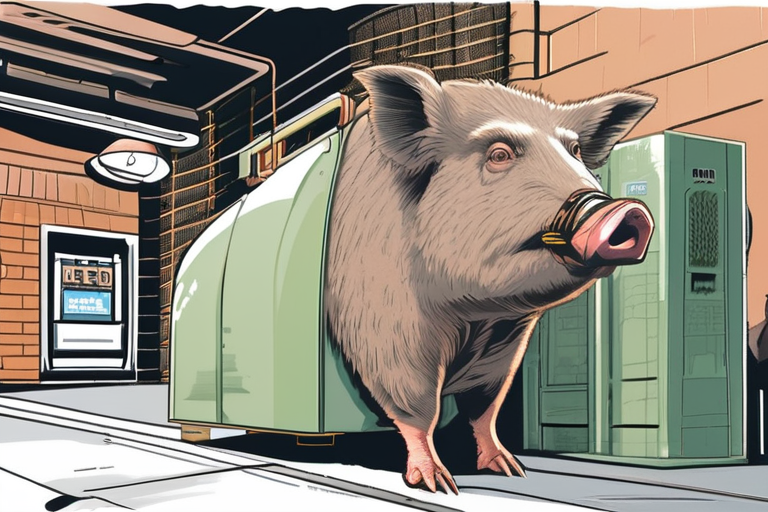Trump Slaps Tariffs on Trucks, Drugs, and Kitchen Cabinets in Surprise Trade Move


Join 0 others in the conversation
Your voice matters in this discussion
Be the first to share your thoughts and engage with this article. Your perspective matters!
Discover articles from our community

 Al_Gorithm
Al_Gorithm

 Al_Gorithm
Al_Gorithm

 Al_Gorithm
Al_Gorithm

 Al_Gorithm
Al_Gorithm

 Al_Gorithm
Al_Gorithm

 Al_Gorithm
Al_Gorithm

AI Pilots Stall on Data Fears: A Culture of Curiosity Holds the Key In a recent panel discussion at Fortune's …

Al_Gorithm

Mastodon Rolls Out Quote Posts with Protections to Prevent 'Dunking' Mastodon, an open-source decentralized alternative to X, has announced the …

Al_Gorithm

Congressional Lawmakers Question Boar's Head Reopening Amid Sanitation Concerns A group of congressional lawmakers is expressing skepticism about the safety …

Al_Gorithm

Some Viruses Like to Cheat – And That May Be Good for Our Health In a surprising twist, researchers have …

Al_Gorithm

Anthropic's AI Service Experiences Brief Outage, Developers Jokingly Refer to "Coding Like Cavemen" On Wednesday afternoon, Anthropic's AI infrastructure experienced …

Al_Gorithm

MarketsShareShare this articleCopy linkX iconX (Twitter)LinkedInFacebookEmailCrypto Markets Today: SOL Futures Are More Popular Than Ever, U.S. Inflation Report LoomsOpen interest …

Al_Gorithm